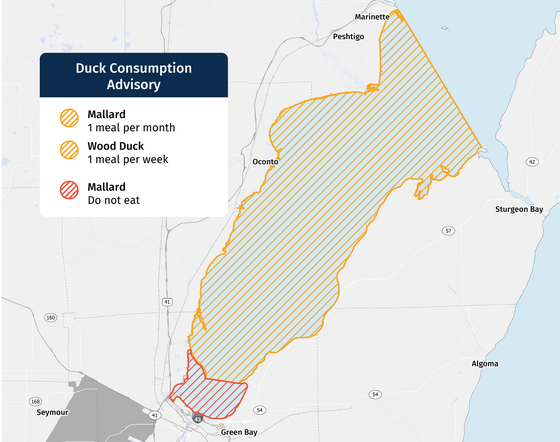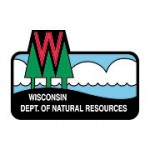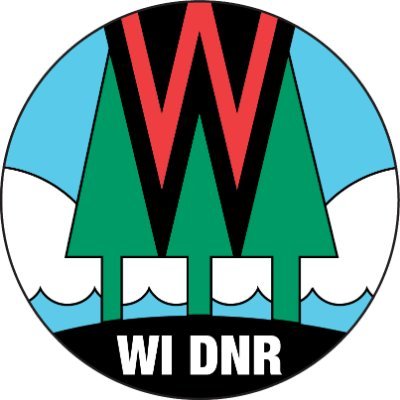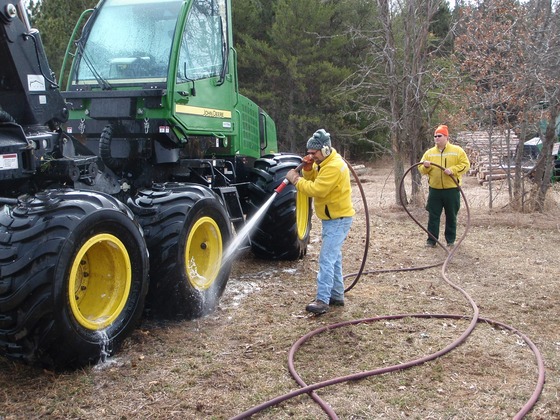DNR and DHS Issue New PFAS-based Consumption Advisory for Ducks Harvested on Green Bay

The Wisconsin DNR and DHS have issued new consumption advice for mallards and wood ducks harvested on Green Bay. / Photo Credit: Wisconsin DNR
MADISON, Wis. – The Wisconsin Department of Natural Resources (DNR) and the Department of Health Services (DHS) today announced a new consumption advisory for mallards and wood ducks harvested on Green Bay due to the contamination of per- and polyfluoroalkyl substances (PFAS).
Based on PFAS testing results in the region, the DNR and DHS have issued consumption advisories for two different areas of the bay.
- Lower Green Bay from Longtail Point across to Point au Sable and south to the mouth of the Fox River
- Mallards: Do Not Eat
- Green Bay from the city of Marinette across to Sturgeon Bay and south to Longtail Point
- Mallards: 1 meal per month
- Wood ducks: 1 meal per week
This advisory is in effect immediately, and hunters should be aware of this for the fall hunting season.
Waterfowl were first collected from Green Bay in 2022 to evaluate the existing polychlorinated biphenyl (PCB) consumption advisory in lower Green Bay. An additional assessment of PFAS concentrations in breast muscle tissue was included in this effort. In 2023 and 2024, additional duck breast muscle samples were collected. All testing occurred between the months of July and August, increasing the likelihood that the birds were representative of local breeding populations.
Based on these results, the DNR worked with DHS to develop new PFAS-based consumption guidelines for ducks.
Following wildlife consumption advisories will help prevent the consumption of PFAS-contaminated tissue, which can cause the chemicals to accumulate in the body. The DNR’s Consumption Advisories and PFAS webpage has a complete list of up-to-date PFAS-based consumption advisories in Wisconsin.
Information About PFAS
PFAS are a group of human-made chemicals that have been used for decades in various products, such as non-stick cookware, fast food wrappers, stain-resistant sprays and certain types of firefighting foams. These contaminants have made their way into the environment in a variety of ways, including spills of PFAS-containing materials, discharges of PFAS-containing wastewater to treatment plants and the use of certain types of firefighting foams.
Health risks may increase when fish and wildlife with high levels of PFAS are consumed. These can include increased cholesterol levels, decreased immune response and decreased fertility in women, among other health effects. More information is available on the DHS website.
NOTE: This press release was submitted to Urban Milwaukee and was not written by an Urban Milwaukee writer. While it is believed to be reliable, Urban Milwaukee does not guarantee its accuracy or completeness.
More about the PFAS Problem
- PFAS Levels in Great Lakes Fish Are Dropping - Danielle Kaeding - Feb 6th, 2026
- Gov. Evers and GOP Lawmakers Near a Deal on PFAS Pollution - Danielle Kaeding - Jan 22nd, 2026
- Gov. Evers Optimistic About Reaching Final Deal With Republican Lawmakers to Secure Release of $125 Million in Long-Awaited Pfas Investments - Gov. Tony Evers - Jan 21st, 2026
- Bipartisan Push to Tell Counties Faster When Water Tests Fail - Henry Redman - Dec 19th, 2025
- MKE County: County Seeks to Sue PFAS Producers, Oil Companies - Graham Kilmer - Dec 10th, 2025
- Wisconsin Reviewing EPA-Approved Pesticides For PFAS - Danielle Kaeding - Dec 9th, 2025
- State Nears Settlement with Johnson Controls/Tyco Over PFAS Spills - Danielle Kaeding - Dec 4th, 2025
- Senate Bill Promotes Soybean-Based Firefighting Foam to Replace PFAS - Danielle Kaeding - Dec 2nd, 2025
- Test Results Show High PFAS Levels in Wisconsin’s Landfill Runoff - Danielle Kaeding - Dec 2nd, 2025
- Wisconsin Communities Get $282 Million for Drinking Water Projects - Danielle Kaeding - Nov 19th, 2025
Read more about PFAS Problem here























